Digital Humanities Summer Fellowships
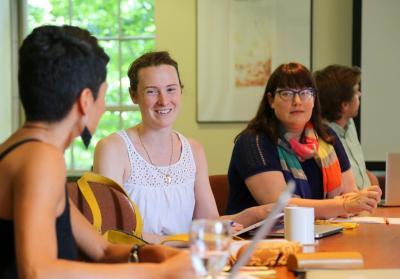
The Simpson Center offers annual summer fellowships for faculty and graduate students to pursue research projects that use digital technologies in innovative and intensive ways and/or explore the historical, social, aesthetic, and cross-cultural implications of digital cultures. The program has three primary goals:
- To animate knowledge—using rich media, dynamic databases, and visualization tools
- To circulate knowledge—among diverse publics
- To understand digital culture—historically, theoretically, aesthetically, and generatively
The Simpson Center gratefully acknowledges the support of a National Endowment for the Humanities Challenge Grant and the Andrew W. Mellon Foundation as well as many donors to the endowment which is underwriting these fellowships.
2025 - 2026 Digital Humanities Summer Fellows
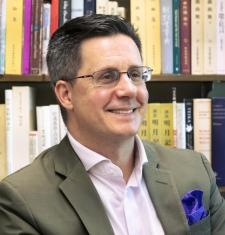
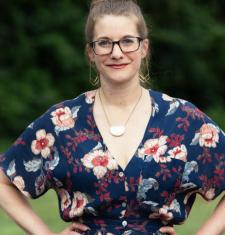
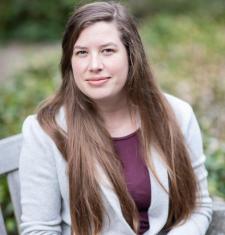
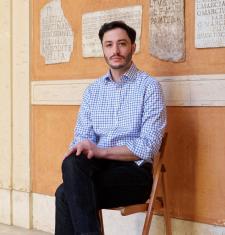
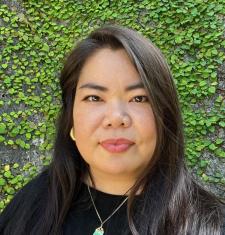
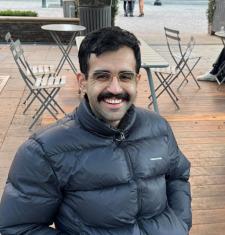
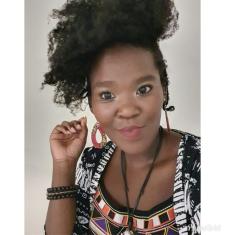
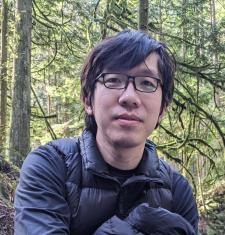
2018 - 2019 Digital Humanities Summer Fellow
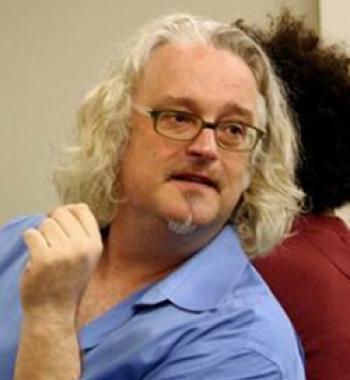
Phillip Thurtle (he/him/his)
Interactive Fables of Development: Losing My Wings
This project uses fellowship funds to finish the “Losing My Wings” web project as a companion piece for my monograph, Life in the Grid: Envisioning a Political Aesthetics of Life in the 21st Century (University of Minnesota Press, in press). The site would offer media-rich primary source material as well as provide a model for how a website can mix the evocative power of fables with the specificity of scientific enquiry. The goal of the project is to encourage a more nuanced discussion of the relationship of all living things.